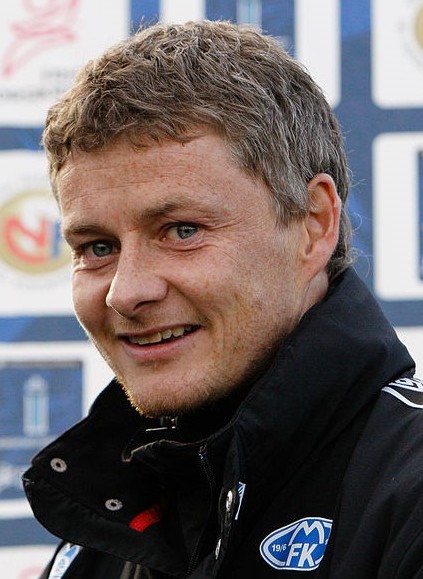
Besiktas have sacked Ole Gunnar Solskjær as head coach with immediate effect, the club confirmed after a run of disappointing results left the Turkish Süper Lig side underperforming. Transfer expert Fabrizio Romano broke the news on his X account on Thursday. “Ole Gunnar Solskjær has been sacked by Besiktas with immediate effect,” he said.
Ole Gunnar Solskjær also managed Manchester United from late 2018 until late 2021. He’s pretty much a club legend there because of his playing days — especially that iconic winning goal in the 1999 Champions League final.
His time as manager was a bit of a rollercoaster — some highs, like getting the team back into the Champions League and finishing second in the Premier League in the 2020-21 season, but also a lot of criticism for inconsistency and not challenging Liverpool and City strongly enough.
It’s interesting to see him take on different challenges now, like at Besiktas. Shows he’s keen to prove himself further as a manager beyond United.
Manchester United were eliminated from the 2024–25 UEFA Europa League under manager Rúben Amorim. They reached the final but lost 1–0 to Tottenham Hotspur on May 21, 2025, with Brennan Johnson scoring the decisive goal .
Despite a strong run to the final, United’s season was marred by domestic struggles. They finished 15th in the Premier League, their worst league position in decades, and were knocked out of both domestic cup competitions early. Amorim’s tenure has been under intense scrutiny, with only 7 league wins in 300 days and a recent shock defeat to League Two side Grimsby Town in the Carabao Cup .
Although Amorim has hinted at resignation, Manchester United’s hierarchy has expressed continued support for him, emphasizing a long-term project despite the disappointing results .
Indiatimes
The club’s failure to qualify for European competition next season, coupled with internal challenges, has left fans and analysts questioning the direction of the team.
Managing a high-profile club like Manchester United or a historically significant team like Besiktas puts immense pressure on any manager, and this pressure can both shape and expose a coach’s abilities in unique ways. For Ole Gunnar Solskjær and Rúben Amorim, their tenures reveal how managing such clubs can affect their coaching skills—sometimes amplifying their strengths, other times magnifying their weaknesses.
First, these clubs come with sky-high expectations from fans, media, and the board. Solskjær, despite being a club legend as a player, faced the challenge of transitioning from a revered figure to a tactically astute manager under intense scrutiny. The weight of Manchester United’s legacy and demand for trophies may have limited his freedom to develop his own style, forcing him into a reactive mode rather than a proactive, visionary approach. This environment likely tested his man-management skills and tactical adaptability but might also have exposed his relative inexperience at the highest level.
Similarly, Amorim at Manchester United encounters a landscape filled with passionate supporters who expect immediate success, not just long-term rebuilding. Managing such pressure can accelerate a coach’s learning curve, pushing them to refine decision-making and tactical flexibility. However, it also risks destabilizing their confidence if results don’t come quickly, leading to doubts and inconsistent performances.
In Besiktas, Solskjær’s brief stint shows how adapting to a different football culture, league style, and club dynamics can challenge even experienced managers. Success isn’t guaranteed by past achievements alone; a coach must quickly learn to navigate new environments, player mentalities, and board expectations. These challenges can help a manager grow, but if handled poorly, they can derail progress and highlight gaps in adaptability and resilience.
In essence, managing these clubs is a double-edged sword. The prestige and pressure can refine a manager’s tactical acumen, leadership, and crisis management skills. Yet, the intense spotlight can also expose limitations and force decisions under stress that affect performance. For Ole and Amorim, their experiences underscore how the environment and club culture play crucial roles in shaping, testing, and sometimes hampering coaching abilities.





